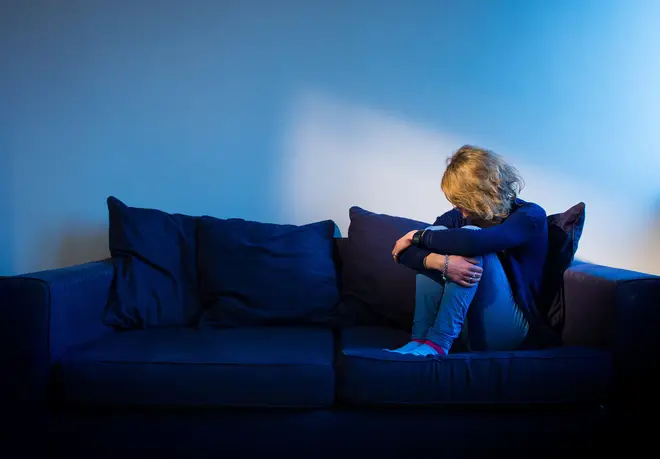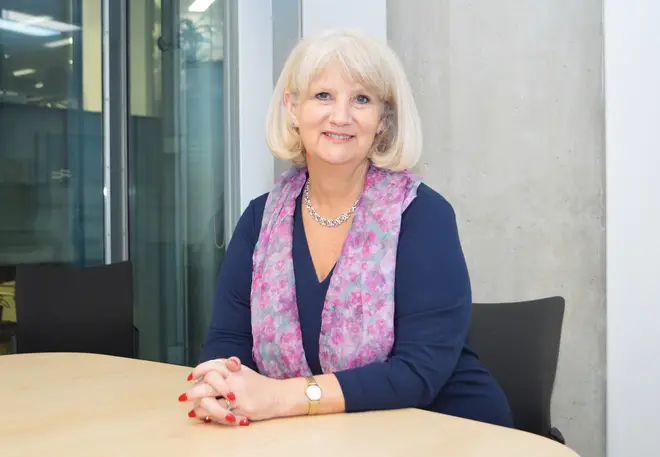
Richard Spurr 1am - 4am
11 June 2020, 11:43

The NHS lead for mental health has urged the public to “please come forward” for help during the coronavirus outbreak as the number of people seeking treatment dropped.
NHS England's mental health director Claire Murdoch said people must not "undervalue their mental health" during the pandemic.
She said the NHS is ready to move "very, very fast" to respond to a predicted imminent surge in need for help.
There were 15,242 fewer referrals of children and young people for NHS community mental health services in England in March, compared with February, NHS England said - a 21 per cent fall.
Some 57,531 children and young people were referred in March, compared with 72,773 in February.
During the month, 319,520 children and young people attended treatment sessions, down from 331,749 in February, but an increase from March 2019.

While the mental health impacts of the crisis are reaching all parts of society, children and young people are the group the NHS is "watching most carefully at the minute", Ms Murdoch said.
But she said the NHS is worried about people not coming forward because they feel "perhaps they don't deserve to ask for help when the whole country is in the midst of a crisis".
During her first interview on the pandemic, Ms Murdoch said: "We want people, if they are in any doubt at all, if they are struggling with their sleep, with their appetite, with unwelcome thoughts, if they are feeling despair or desperation, we want them to come forward.
"We know that there has been a reduction in people coming forward for help during this period, and I'm told by experts that's a common phenomenon during periods of extreme crisis, that people kind of lock down, put a stiff upper lip on it.
"And that might be appropriate for a very short while, while you're working out a safe way to get help, but we, the NHS, have been here throughout, we don't want people to think they shouldn't bother the doctor, or don't want to be a trouble.
"We definitely know there will be some groups of people who don't like to bother the NHS when we are going through such a challenging and difficult time.
Listen & subscribe: Global Player | Apple Podcasts | Google Podcasts | Spotify
"I want to say really loudly and clearly to those people, please do come forward, please don't undervalue your mental health, don't suffer unnecessarily.
"If you're worried about yourself, or a child or a friend, please come forward."
Charities supporting people with eating disorders and obsessive compulsive disorder (OCD) are reporting "fairly considerable increases" in people calling their helplines, Ms Murdoch said.
There have also been a number of deaths the NHS is concerned about, but it is too early to say there has been a rise in suicides.
She said it is also too early to put a number on how many people will be affected and need mental health treatment.
The NHS is also increasing its use of digital consultations, while a mental health inequalities taskforce will help services reach out locally.
The response will also be dependent on how wider society is affected, as mental health is "inextricably linked with the economy".
But Ms Murdoch said not everything people are experiencing needs "to be medicalised", and is calling on families, workplaces, schools and neighbours to provide support to one another.
Communities should keep a close eye out for people who may be vulnerable, and signpost them to professional help if they need it.